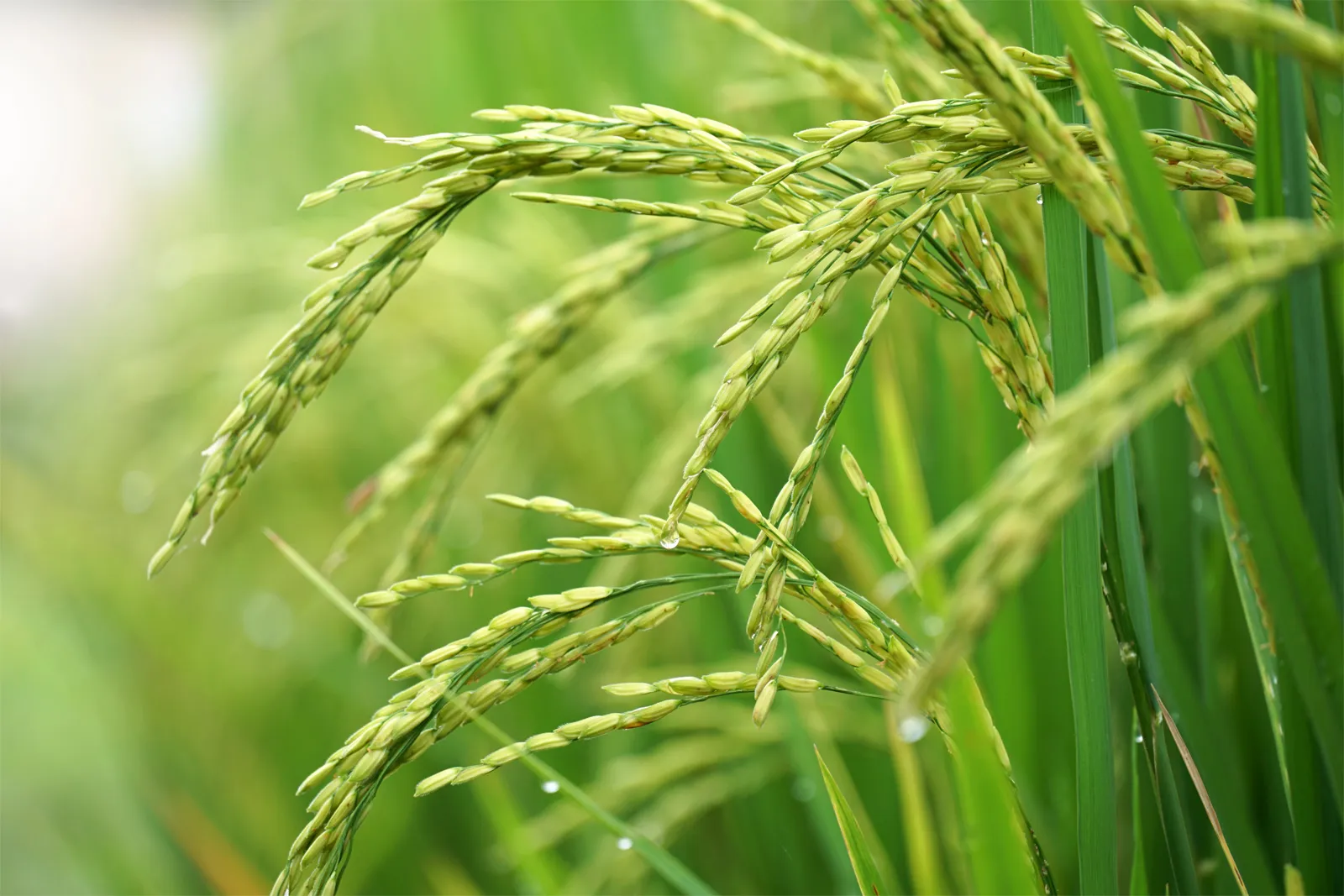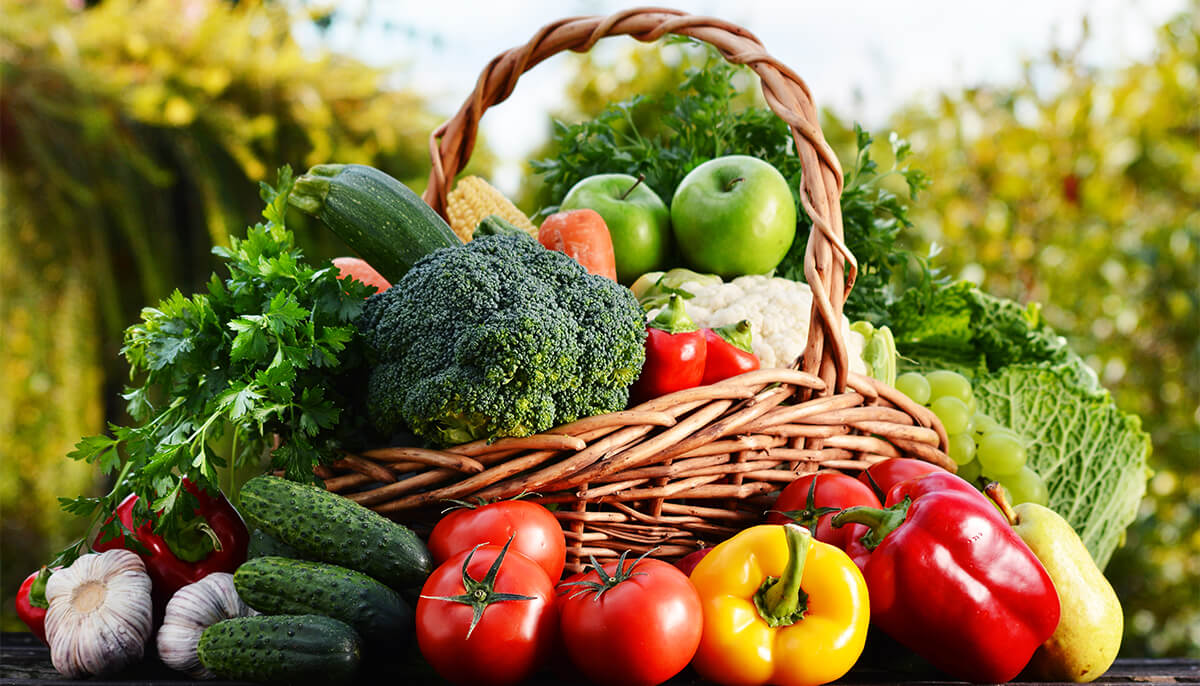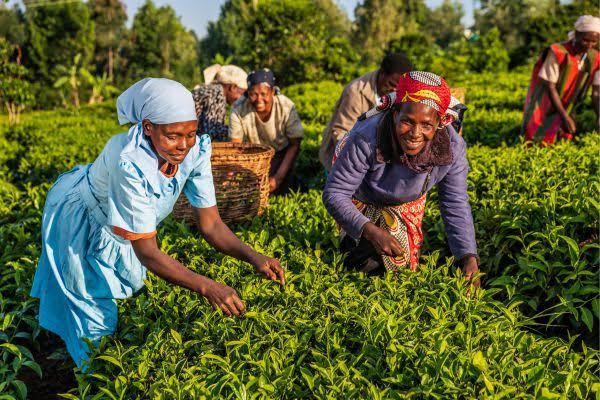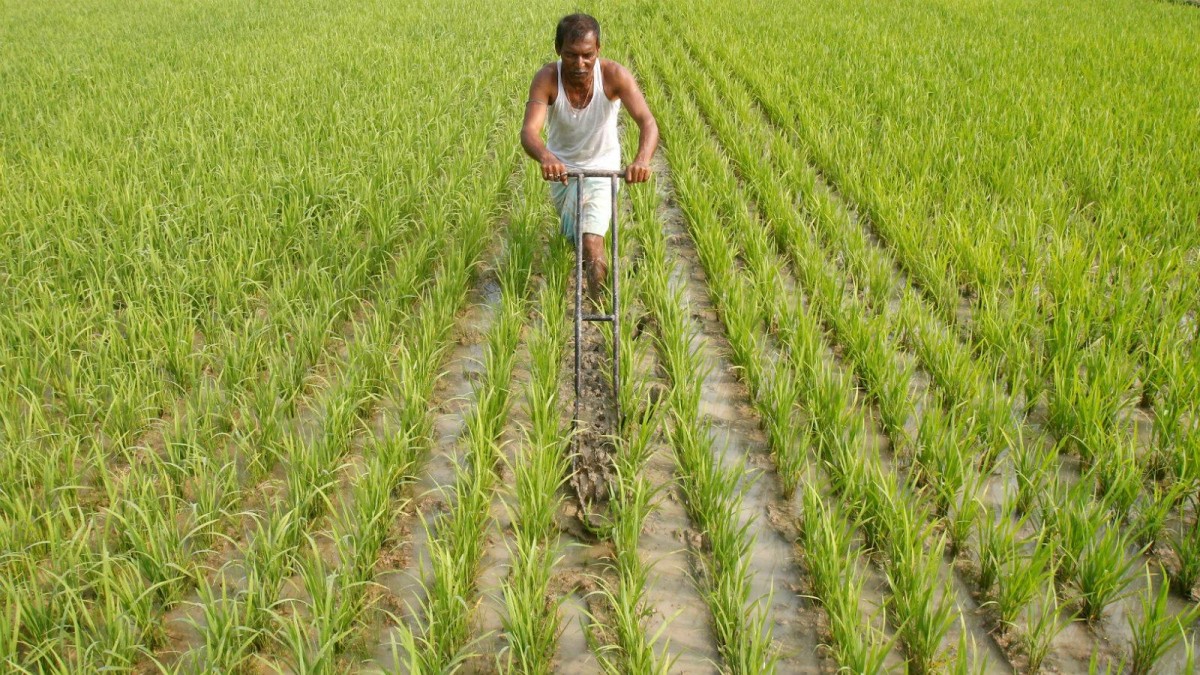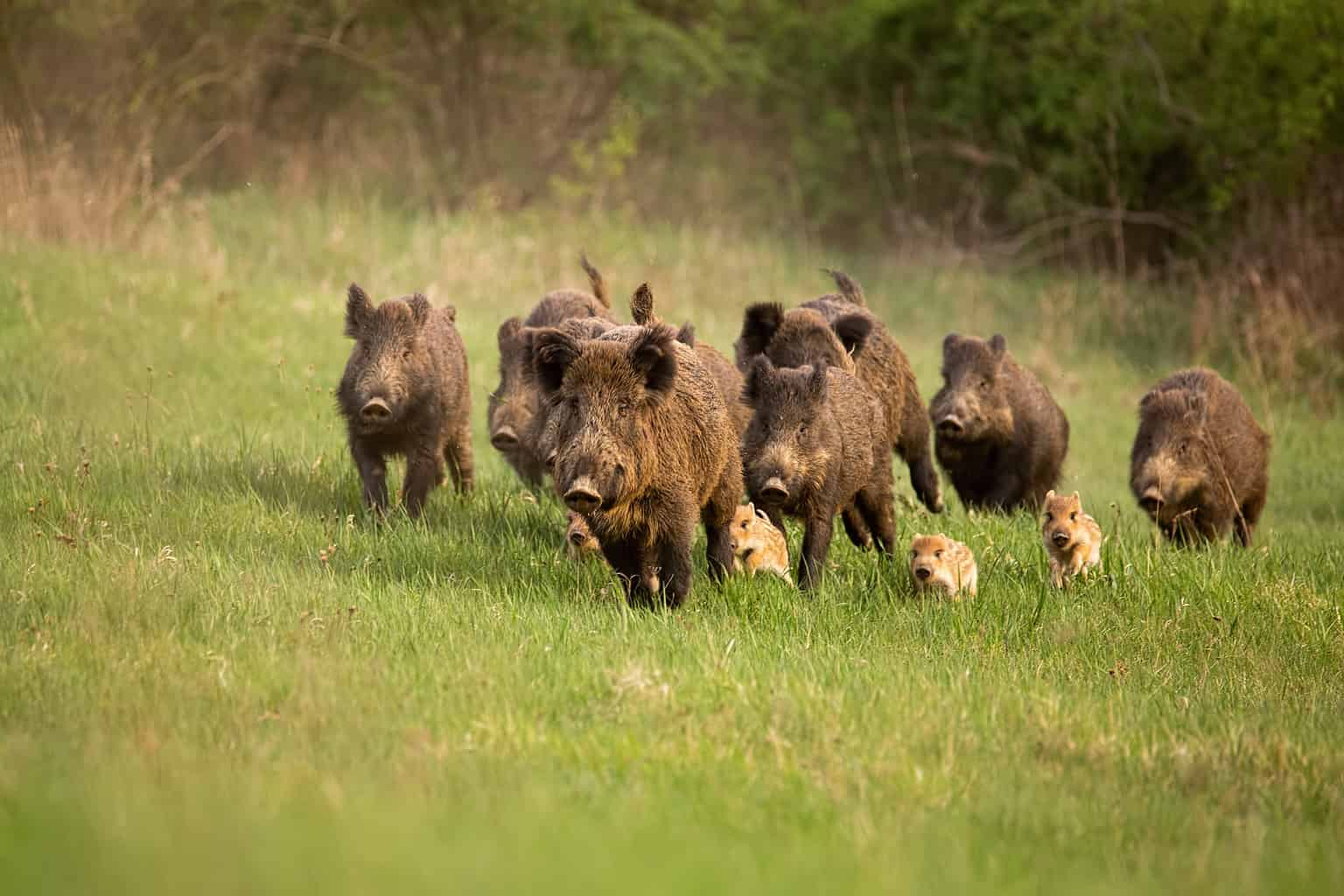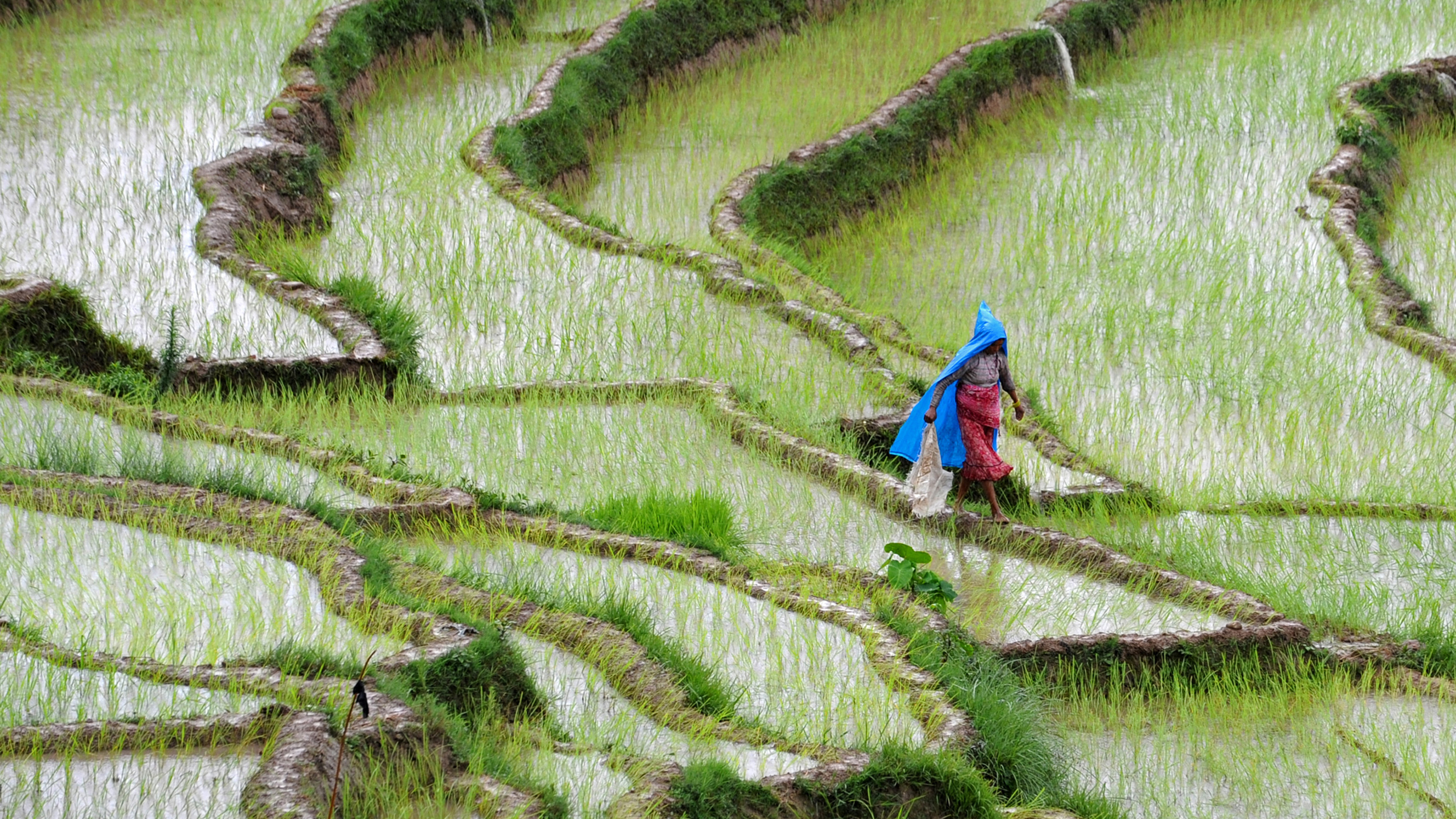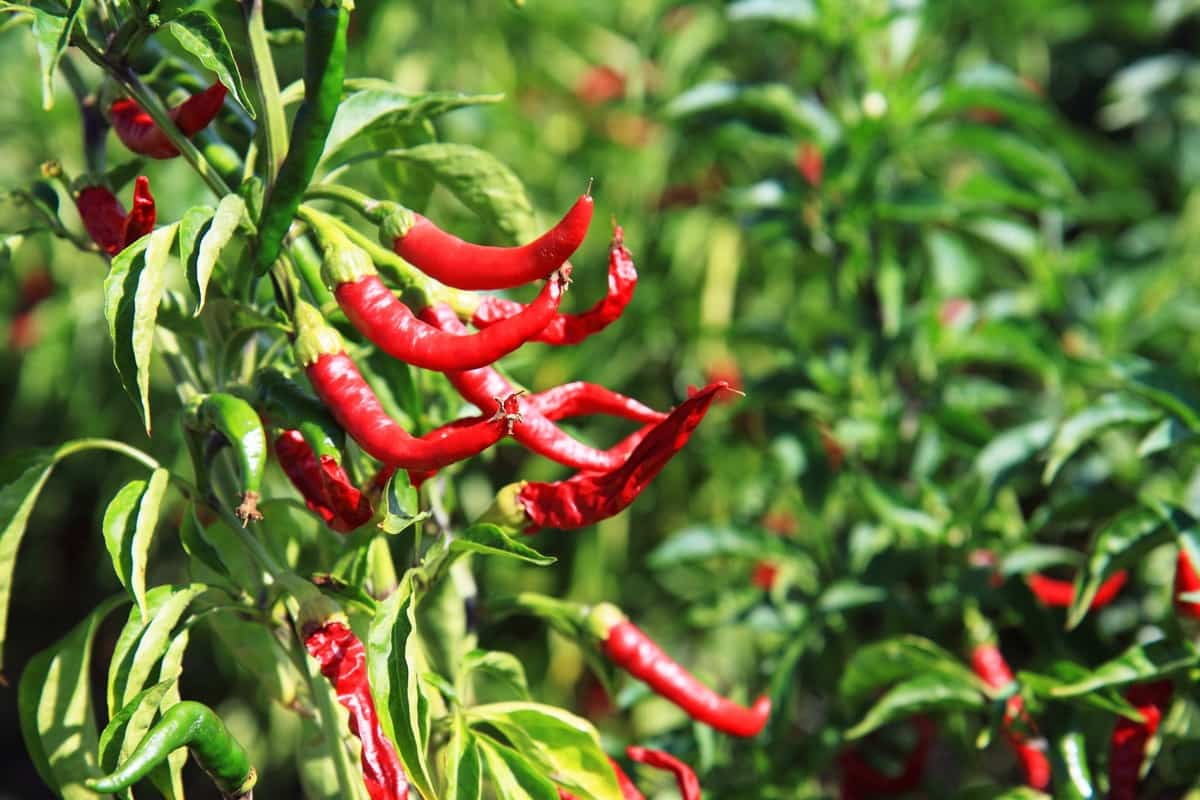As India gets ready to harvest its Kharif (monsoon) crop, a rainfall deficit in parts of the country will have an impact on rice production, according to experts and environmentalists.
India has two major sowing seasons – Kharif and Rabi. While rice is grown in the Kharif season (June-October), the other crops, or Rabi crops, are grown as winter approaches around October-November.
According to environmentalists in India, climate change is leading to changes in rainfall patterns in the country, which will impact the country's overall crop production this year.
India's Ministry of Consumer Affairs, Food and Public Distribution said last week that the likely shortfall in area and production of paddy for the 2022 Kharif season is approximately 6%.
“In domestic production, an estimated 6 to 7 million metric tons production loss is anticipated, but due to good monsoon rains in some pockets, the production loss may reduce to 4 to 5 million tons. However, this would be at par with last year’s production," said a government statement.
India last week also announced a ban on exports of broken rice and imposed a 20% duty on various grades of rice starting Sept. 9.
Rice is a staple food for more than half of the country’s population.
Speaking to Anadolu Agency, Mahesh Palawat, chief meteorologist at India's Skymet Weather Services, identified the states of Uttar Pradesh, Bihar, Jharkhand, and parts of West Bengal with deficit rainfall. These are major rice-producing states.
“The monsoon is less in these areas. As per the figures, the rainfall deficit is around 20%-50%," he said, adding central India this year saw heavy rainfall.
Palawat said that crop production would be impacted because of less rainfall this year, and the change in rainfall patterns in the country is because of climate change.
Rainfall deficit
Aditya Prakash, director of the Agriculture Department in the northern state of Bihar, said the rainfall deficit is between 20%-50% in several parts of the state.
“The change this year is that earlier, it (drought conditions) was localized. This year, such conditions exist in around 10 districts. It will have a slight impact on the overall rice production in the state," he said. "We are monitoring the situation continuously. The good thing is that over the last few days, the situation has improved because of the fresh rainfall," he told Anadolu Agency.
He also said the government runs a number of programs for the farmers so that the impact on production due to less rainfall is minimal.
Indian environmentalist Ravindra Khaiwal noted that India is vulnerable to drought.
“As per official figures, four drought-affected states — West Bengal, Bihar, Jharkhand and Uttar Pradesh — have a less seeded area of 2.5 million hectares (6.2 million acres), which will likely result in a shortfall in the area and production of paddy for the 2022 Kharif season (of about 6%)," he said.
Khaiwal said a recent report by the UN Convention to Combat Desertification titled “Drought in Numbers in 2022” includes India as one of the countries badly affected by drought.
“Numerous locations of India appear on the global list of regions susceptible to drought. Geographically, India's vulnerability to drought is comparable to that of sub-Saharan Africa," he added.
Impact on food security
Rohin Kumar, a senior agriculture campaigner at Greenpeace India, the Indian branch of the global environmental group, told Anadolu Agency that the unprecedented change in "rainfall pattern, droughts and extreme heat are estimated to bring a 20%-35% reduction in crop yields this year."
"It is a stark reminder that India needs to uphold and promote a transition from mono to multi-cropping systems or there will be a direct impact on agriculture and consequently on food and nutritional security," he said.
He said the government must approach food and nutritional security through "strengthening dietary diversity — the promotion of kitchen gardens and nutrition-sensitive agriculture that incorporates extensive livestock systems."
Kumar said instances of extreme weather events and chronic changes in climate systems are expected to increase in the coming years.
“India also needs to create adequate demand and supply of many indigenous grains, vegetables and fruits, where urban communities too step in and support farmers by directly buying from them," he said, adding that long-standing recommendations from the National Food Security Act of 2013 need to be adopted.
Source - https://www.aa.com.tr


